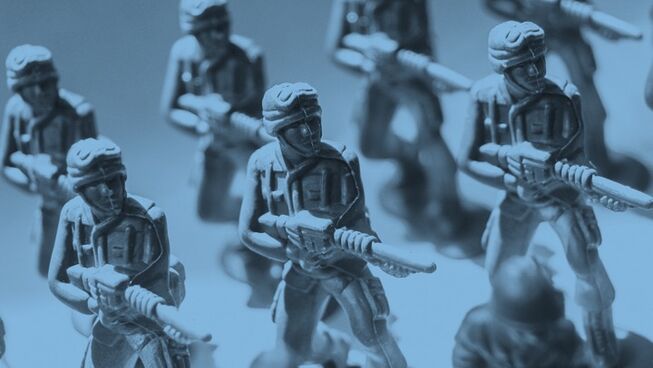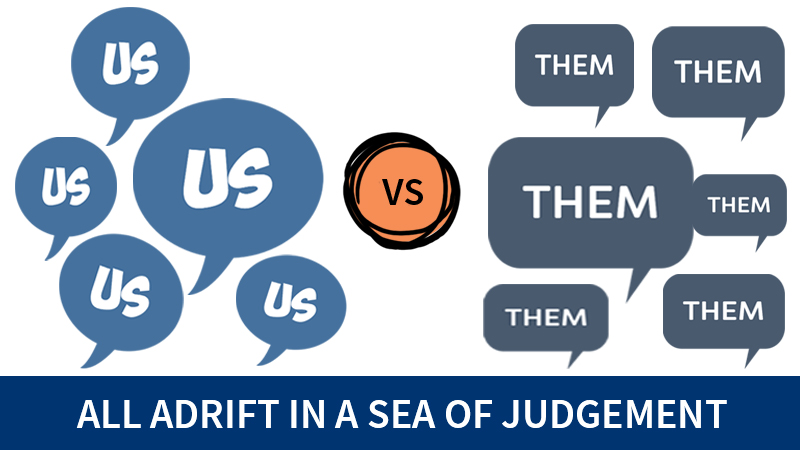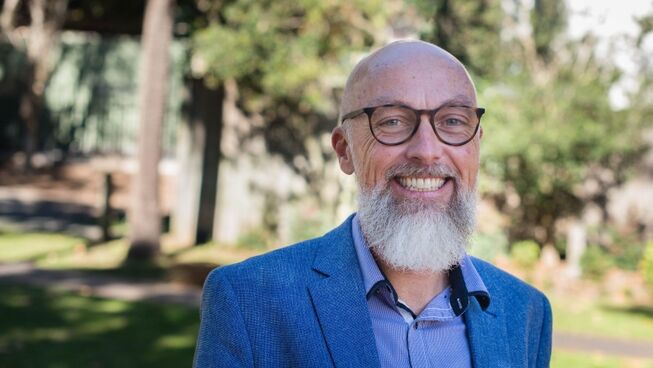Death by Twitter. Instagram immolation. Facebook blocking.

Will Storr, UK author of bestseller 'Selfie: How the West became self-obsessed', observes that we were supposed to become a less judgemental society as we grew up. As we progressed towards the ideal of the modern world.
That was the theory at least. Yet if anything it feels far more judgemental than before. We feel far more exposed when we air our ideas. The risk of public scorn or social media unfriending is real. We’ve become more tribal and less inclined to give our opponents a hearing. The people we disagree with are no longer simply wrong, they are bad.
And even if we don’t do social media we know that keeping our heads down in an increasingly shrill culture is a smart move. Most of us - the “exhausted middle” as we are called - are watching as the factions in the culture war fire missiles over the tops of our heads from the left and the right.
This has bled into our workplaces. And one of the reasons is that work is no longer simply a place of material production, but identity production.
Journalist at The Atlantic, Derek Thompson, observes that our jobs are now being asked to deliver a level of personal and societal fulfilment the weight of which they were not designed to bear. Thompson says this:
"The decline of traditional faith in America has coincided with an explosion of new atheisms. Some people worship beauty, some worship political identities, and others worship their children. But everybody worships something. And workism is among the most potent of the new religions competing for congregants."
This helps explain why workplaces have invested in large amounts of money and time in promoting cultural and social policies. HR departments are tasked with ensuring the company presents a set of values to the wider culture.
And this can be a good thing. We all want a workplace that is happy, healthy, and non-toxic. Workplaces are having to take seriously their role in creating safe environments for people from all sorts of backgrounds. Many workplaces have gone to great lengths to ensure that minority groups feel welcomed.
The only problem with that, of course, is that workplaces do gather all sorts of people from all sorts of backgrounds: religious, sexual, ethnic. If the company says: “This is what we think, as opposed to that”, what room is there for respecting these differences among the employees? Does everyone have to sign up to the same views, or risk punishments - or worse - a black mark against their KPI’s?
Work has never been so important. Opinions have never been more divided. How do we navigate that space and live with our deepest differences? Does our culture have the tools to deal with these differences. The jury is out!
-----------------------
If you live in Canberra, join us on Tuesday 17th September at 6.30pm for a public forum exploring how we balance the ideals of free-speech, religious freedom and social cohesion.
Our expert panel moderated by former ABC presenter Alex Sloan AM includes the brilliant minds of David Robertson from Third Space and Max Jeganathan from RZIM. In the country of the ‘fair go,’ is tolerance dead, or is there a way forward?
Groups of three or more are eligible for 20% discount (enter discount code 'group').



